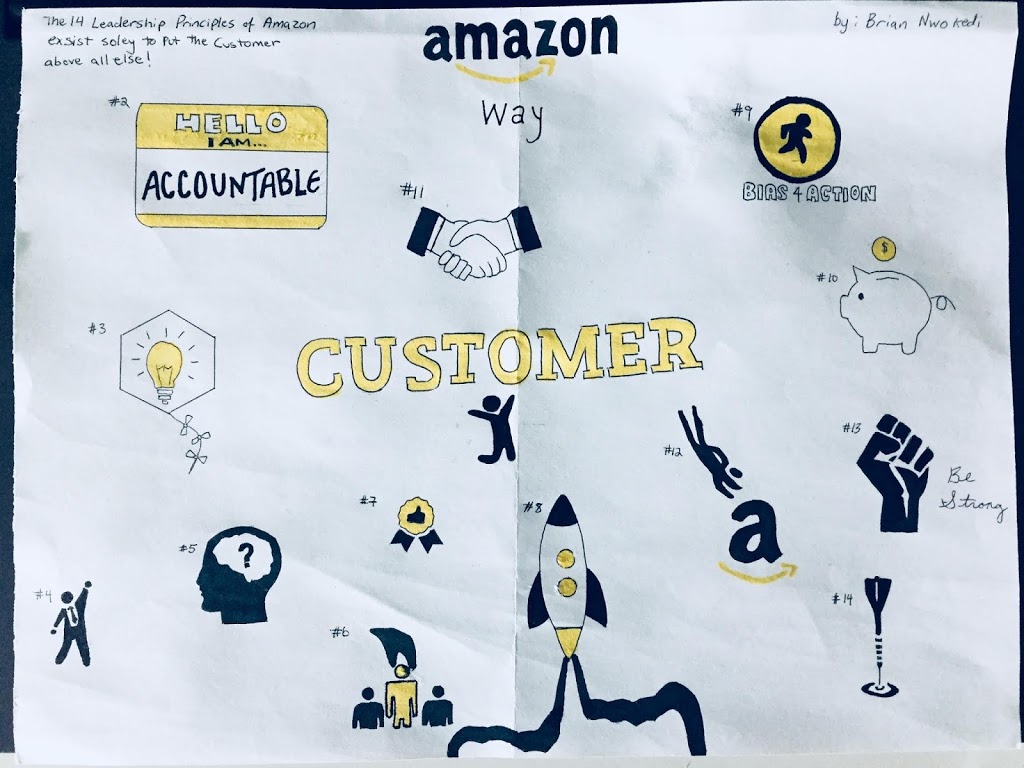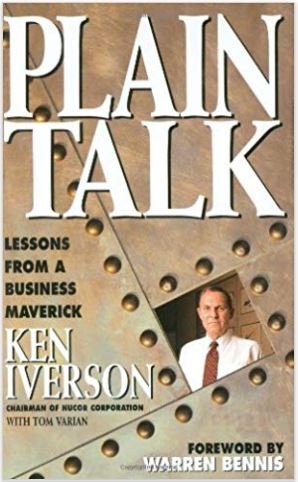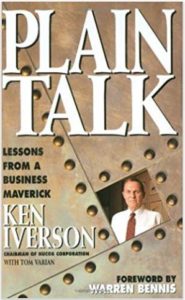Introduction
Measure What Matters is a business book by John Doerr based on the fact that ideas are easy but execution is hard. When it comes down to it the core model of execution (Objectives and Key Results – OKRs) in this book sets out to help organizations in there major ways:
· Companies that use OKRs will focus and commit their teams to better priorities
· Companies that use OKRs will align and connect their teams with better teamwork
· Companies that use OKRs will better track accountability and force their teams to stretch for amazing results
The intrinsic value in attempting to use an operational model like OKR is the fact that it will focus and align your business on the most important goals that really move the needle. As an organization, consistently creating aligned goals and measuring outcomes undoubtedly leads to more clarity and job satisfaction for employees. OKRs keep you from trying to do everything.
What’s an Objective and What’s a Key Result?
The challenge with business books like Measure What Matters is to really define in detail the principles that book is covering. And when push comes to shove, you pick up a book like this to learn something new that can be implemented in your day to day business life.
At the most basic level, Objectives are the “what” you are trying to accomplish. Objectives express goals, intentions, are aggressive, and realistic. Above all though, they are tangible and must provide clear value to your organization. At the most basic level, Key Results are the “hows.” Key Results express measurable milestones that advance forward the objectives. Together, Objectives and Key Results form the framework of Doerr’s operational model within Measure What Matters.
A Typical OKR Cycle
The typical OKR cycle for setting OKRs at the company, team, and contributor levels looks something like this:
Great. I Understand OKRs at a High Level. How Do I Actually Use Them?
The hard part with any business book that details an operational model or business process is implementation back into your own day to day business life. I am by no means an expert on any of the principles detailed within this book. But having finished reading it I will give my best attempt at detailing how to use this process in your day to day.
On page 84, Doerr gives a very simple example of how to create impactful OKRs. Using a fictional NFL team, Doerr walks the reader through the following picture:

(1) As you can see from the example the Objectives are straight forward and the Key Results are simple and measurable.
(2) There is zero doubt what the organization (in this case an NFL team) is focusing on accomplishing this year.
(3) Poorly defined OKRs are a waste of time. Well defined and aspirational OKRs are motivational management tools that help your company execute.
(4) The very nature of the OKR process is to think big but focus and this hypothetical OKR does exactly that.
Is It Really That Simple?
The short answer is yes and no. The principles within Objectives and Key Results are easy to understand. The complexity lies in writing really good Objectives and really good Key Results. As Measure What Matters details within the appendix on Google, it can be very hard to consistently write good OKRs when you first start out. Like any new process, it takes time to get really good at it.
No operational system is perfect. But having a defined process in business is key to executing over the long-run. The Objective and Key Results model of operating will undoubtedly help focus your business on the objectives and goals that matter most to your organization.
Extras
Author’s Twitter: @johndoerr















